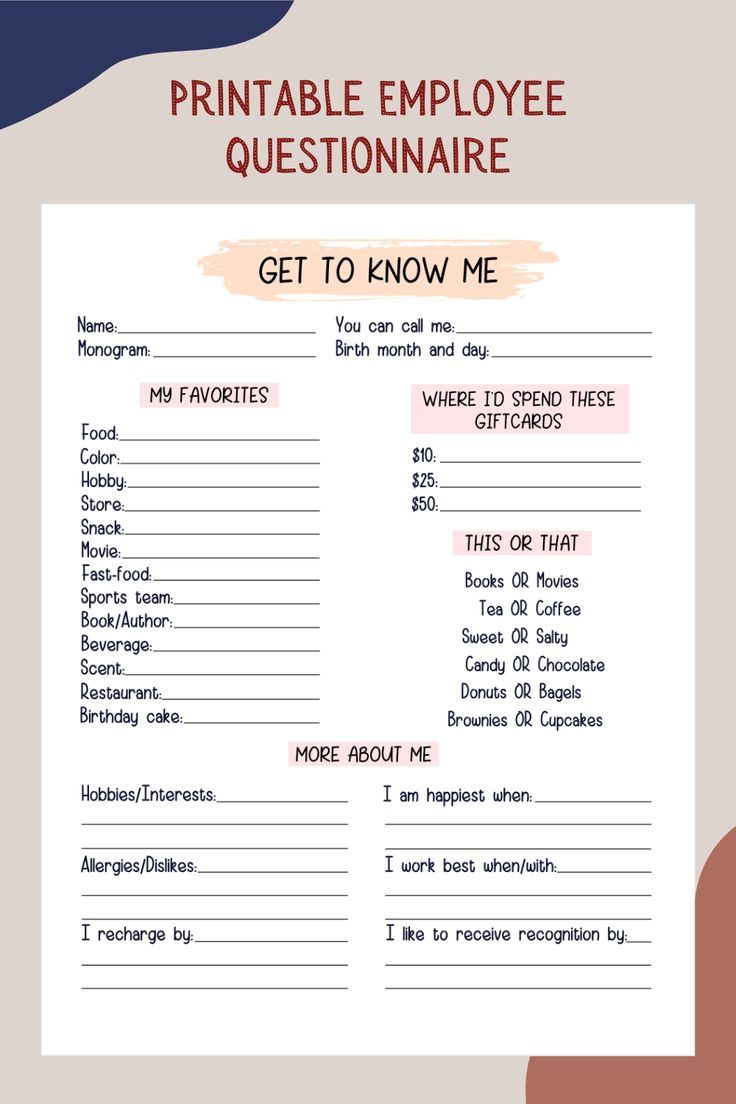Essential Documents for Hiring Employees in India

Hiring employees in India can be a complex process, involving various legal and compliance aspects. Ensuring that you have all the necessary documents in place is crucial not only for the smooth operation of your business but also for adherence to Indian labor laws. Here’s a comprehensive guide on the essential documents you need when hiring employees in India:
1. Offer Letter

The offer letter is one of the first formal documents provided to a potential employee. It includes:
- Job Title: Clearly state the position the candidate is being offered.
- Compensation: Details of salary, bonuses, or any other financial perks.
- Date of Joining: The expected start date for the new employee.
- Probation Period: If applicable, mention the duration of the probationary period.
- Confidentiality Clause: Often includes clauses regarding the protection of company secrets and data.
2. Employment Contract

After acceptance of the offer, an employment contract should be drafted which includes:
- Duration of Employment: Indicate whether it’s a permanent, temporary, or project-based role.
- Job Duties: A detailed description of expected roles and responsibilities.
- Working Hours: Office hours, overtime policies, and shift details if applicable.
- Termination Clause: Conditions under which either party can terminate the employment.
- Non-compete and Non-solicitation Agreements: To protect business interests post-employment.
3. Identity and Address Proof

Collecting proofs of identity and address is mandatory for various legal compliances:
- PAN Card: Required for tax deduction at source (TDS).
- Aadhar Card: For address proof, employee verification, and EPF registration.
- Voter ID, Passport, or Driving License: As additional identity proofs.
💡 Note: Ensure that you handle these documents with utmost confidentiality to protect the employee’s personal information.
4. Educational and Professional Certifications

Verify the candidate’s qualifications by collecting:
- Educational Certificates: Degrees, Diplomas, and any other certifications relevant to the job role.
- Professional Certificates: Licenses or certifications required for specific job functions.
- Previous Employment References: Contact details of former employers for background verification.
| Document Type | Purpose |
|---|---|
| Degree Certificates | To verify educational qualifications |
| Diplomas | To confirm additional skill sets |
| Professional Licenses | Ensuring legal compliance for certain roles |

5. Background Check Authorization

To comply with security and trustworthiness:
- Criminal Record Check: For critical positions where integrity is paramount.
- Credit Check: If financial prudence is necessary for the role.
- Verification of Previous Employment: To confirm employment history and performance.
6. Medical Fitness Certificate

Some companies require:
- Medical Clearance: Especially for roles where physical fitness is crucial.
- Health Declaration Form: To assess general health conditions.
7. Salary and Tax Documents

For salary disbursement and compliance:
- Bank Details: For direct salary transfers.
- Form 16: Required for employees to file their income tax.
- Investment Declarations: To plan for tax benefits under various sections of the Income Tax Act.
By ensuring you have these documents in place, you can maintain compliance with Indian labor laws, safeguard your business interests, and provide clarity to new employees about their employment terms. Hiring in India requires meticulous attention to legalities and paperwork to prevent future disputes or legal issues.
In this journey of employment, remember that proper documentation is the backbone of a successful hiring process. It not only serves to protect your business but also fosters trust and transparency between employer and employee. As you grow your team, keep your documents organized, ensure compliance with local laws, and regularly review your HR policies to adapt to any changes in legislation or business needs. This proactive approach will not only streamline your hiring process but also contribute positively to your company's culture and reputation in the employment market.
What documents are essential for foreign employees in India?

+
Foreign employees must provide additional documents like Visa, Work Permit, and sometimes an Employment Visa. They should also provide copies of their passport, employment contract, and any other country-specific requirements.
How long do background checks typically take in India?

+
The duration of background checks varies but can typically take anywhere from a few days to several weeks depending on the depth of the check and the agencies involved.
Is it mandatory to provide a formal offer letter?

+
While not legally mandatory, an offer letter is a standard practice in India to formalize the job offer and set expectations before the contract is signed.
What if an employee doesn’t have all the necessary documents?

+
Assist the employee in obtaining the required documents, set a deadline for submission, and consider provisional employment with a clause for termination if documents are not provided within the stipulated time.